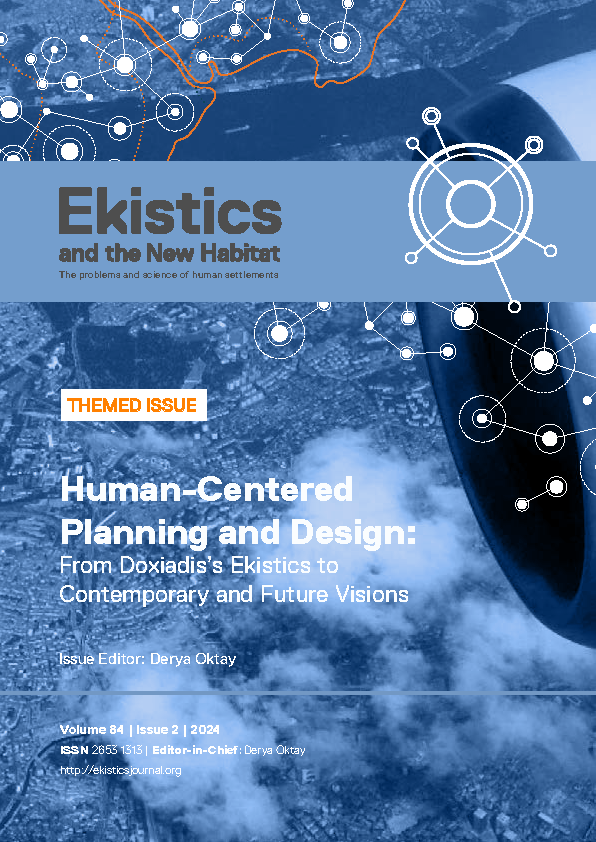Urban Informality and the New Urban Agenda: Looking for the New Transformative Development Agenda in Masvingo City, Zimbabwe
DOI:
https://doi.org/10.53910/26531313-E2024842706Keywords:
urban informality, inclusive cities, New Urban Agenda, urban livelihoodsAbstract
While urban informality has played a critical role in the creation of inclusive and resilient cities, agents of informality, otherwise known as ‘the poor’, are typically excluded from the development of cities. As the New Urban Agenda calls for inclusive urbanism to create resilient cities, new planning systems which are inclusive of urban informality should be adopted. In addition, typically exclusive traditional planning methods have proven to be largely responsible for widespread poverty in urban areas. In the context of the New Urban Agenda, this research examined urban informality in the city of Masvingo, Zimbabwe. A qualitative approach using a combination of in-depth interviews and textual sources was employed. The findings revealed that, despite the principles of New Urban Agenda being widely agreed upon, very little is actually being done to include urban informality; demonstrating that the call for new planning approaches to face the realities of cities and plan for their future challenges has not been heeded in the city of Masvingo, where urban informality remains outside the planning system. This paper discussed the implications of this lack of inclusion, and makes recommendations that will enable cities to recognize the livelihoods of the poor and their role in the developing resilient cities.
Published
How to Cite
Issue
Section
Categories
License
Copyright (c) 2024 Ekistics and The New Habitat

This work is licensed under a Creative Commons Attribution-NonCommercial-NoDerivatives 4.0 International License.
Please contact the Editor-in-Chief: editor@ekisticsjournal.org, should you have any questions on copyright for your submission.
This research journal is for Educational and Knowledge development purposes.
All material published on this site complies with our copyright and terms as described by the Attribution-NonCommercial-NoDerivaties 4.0 International (CC BY-NC-ND 4.0)






